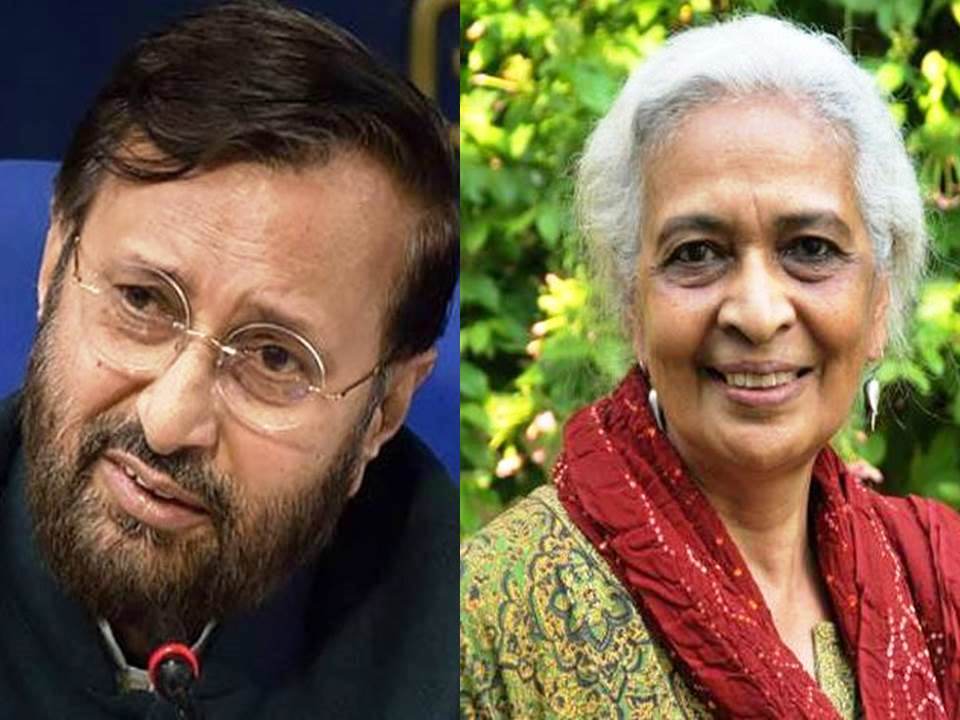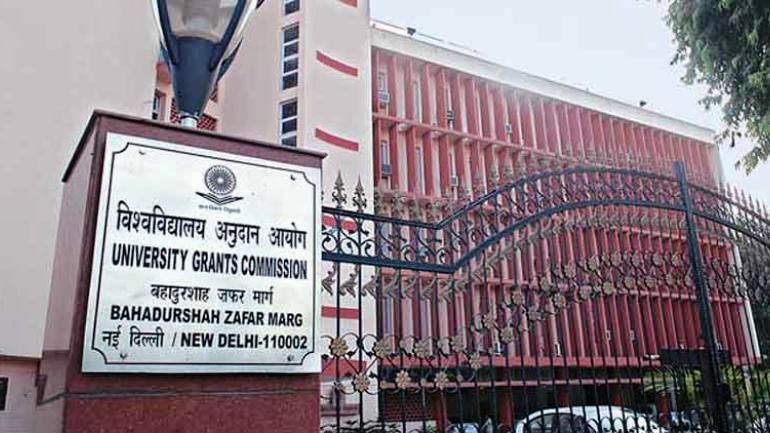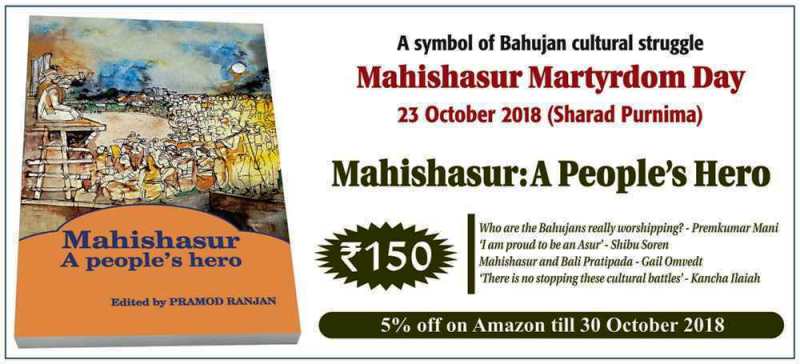On 2 May 2018, the University Grants Commission (UGC) removed over 4,000 journals and magazines from its list of approved journals. Among them were Forward Press, Economic and Political Weekly (online edition), Samayantar, Hans, Vagarth, Jan Media and Gandhi Marg. It is important to note that an overwhelming majority of research articles in the Humanities quote the work published in these journals due to their prominence in the field. Besides, the UGC has also delisted magazines and journals which have been publishing content discourses related to Scheduled Castes (SC), Scheduled Tribes (ST) and the Buddhist philosophy. This means that the researchers and professors contributing to these journals will not get the points stipulated by UGC.
We are consistently publishing articles on this issue to apprise our readers of its seriousness and its implications. In this series, read the views of leading writer, social scientist and women’s rights activist Susie Tharu. – Managing Editor
‘UGC Babus not competent to assess quality of magazines’
- Kamal chandravanshi
Leading writer, social scientist and women’s rights activist Susie Tharu has this to say on the storm kicked up by the UGC’s manner of functioning: “It is true that over the past two decades there has been a proliferation of new ‘peer-reviewed’ publications (reviewed by a panel of UGC’s so-called panel of scholars), which appear to have found their way into the UGC’s list of approved journals far too easily.”
According to Susie Tharu, UGC’s actions are disastrous for higher education and research in India. In this series, we have repeatedly referred to Union Human Resource minister Prakash Javadekar and now it is the turn of the minister to listen to Susie Tharu.

Tharu says it is imperative to bring new sections of people and new issues into academic discourse to expand scholarship in the fields of humanities and social sciences. That is why, this decision is ruinous.
Also read: UGC must stop policing magazines
During her creative journey as professor, editor and women’s activist, Susie Tharu has equipped many people, including intellectuals and women’s activists, with the scientific vision needed to see and understand society in the correct perspective. Born in 1943, she is the founder of many well-known women’s groups. She was a professor at Foreign Languages Institute and after retirement, has settled down in Hyderabad.

Her criticism of UGC stems from the fact that the higher-education regulatory body has shown no interest in clearing the confusion around its decision to delist social, economic and political magazines. All the details about them have been deleted from the official circulars in a whim. They should rather announce which content in a magazine is peer-reviewed, perhaps publish a list of peer-reviewed journals and back up their claims with evidence as to how a decision has been made to classify certain journals as not meeting standards. Instead, the UGC is just parroting that “sub-standard” and “suspect” journals have been dropped from the list of approved journals by its standing committee as they were not compliant with the criteria fixed by it.
But is it as simple as this? Probably not.
Susie Tharu says, “Anyone who sits on selection committees knows that trivial and derivative papers splattered with quotations and flashy, impressive-looking bibliographies, all from UGC approved journals are only too common. It is the rare candidate that brings in work with a novel and socially conscious perspective.”
She adds: “Judging from the fields that I work in, no sound system appears to be in place to oversee the inclusion (or in this case, the exclusion) of journals”.

Selecting or rejecting a journal is a serious job. That is why Tharu is surprised that the UGC, which is an administrative behemoth, is not well equipped to make these decisions. Deciding which journals to “approve” or “not approve” is not a task that can be effectively done by academic bureaucrats or political representatives, or even by a single committee of experts.
She adds, “The approval of journals requires active scholars with specialist knowledge of a discipline or an area. This cannot be done by any single committee. What is more, the reasons for selection or exclusion should be substantial, not whimsical or politically motivated. Had such a system been in place (and it is never too late to put it in place) we would not have encountered a situation in which important journals with wide readership among active scholars the world over are deleted from the list.”
For instance, she says, EPW’s “Engage” section was specifically designed to draw new issues into the ambit of its scholarly discussion, and in the process, to make academic discussion more broad-based and well grounded. Forward Press has a distinguished reputation as one of the few journals that has conscientiously focused on questions related to backward classes and regions. Forward Press is also path-breaking as a journal that features a bilingual Hindi-English format and creates a platform for dialogue between scholarship in these two languages. Such issues all too easily fall away from the focus of conventional scholarship. EPW too is trying to address regional language scholars and scholarship in its regional language editions. It is altogether astonishing that Hans, which has a long and distinguished history of keeping the discussion in Hindi literature alert to social issues, does not make the grade.
About Susie Tharu
Susie Tharu has served as a member of the working committee of “Anveshi”, a group of Indian researchers, and was also its secretary. This group is a well-known organization, committed to feminist causes. She was also associated with the editorial of Subaltern Studies since 1992. She was on the editorial board of The Feminist Press and also its publisher. She has taught humanities and social science subjects in IIT Delhi and Kanpur. She is the founder of Shri Shakti Sangathan (SSS), an umbrella organization of women’s group and also Anveshi. She had edited two volumes of a series of books on Indian Dalit writings that were focused on the resurgence of Dalit politics in the 1990s. She was also on the advisory panel of the Dalit Bahujan Pahal Kendra since 2003. She worked on the National Biography Advisory Committee of the National Book Trust. From 1973 till her retirement, she was professor at Central Institute for English and Foreign Languages, Hyderabad.
Women Writing in India: 600 BC to the Present (Oxford University Press, Delhi), Subject to Change: Literary Studies in Nineties (Orient Longman, Delhi); and ‘Problems for a Contemporary Theory of Gender’ are among her more than two dozen well-received works.
Translation: Amrish Herdenia; copy-editing: Naveen Gara/Anil
Forward Press also publishes books on Bahujan issues. Forward Press Books sheds light on the widespread problems as well as the finer aspects of Bahujan (Dalit, OBC, Adivasi, Nomadic, Pasmanda) society, culture, literature and politics. Contact us for a list of FP Books’ titles and to order. Mobile: +917827427311, Email: info@forwardmagazine.in)
The titles from Forward Press Books are also available on Kindle and these e-books cost less than their print versions. Browse and buy:
The Case for Bahujan Literature
Dalit Panthers: An Authoritative History






